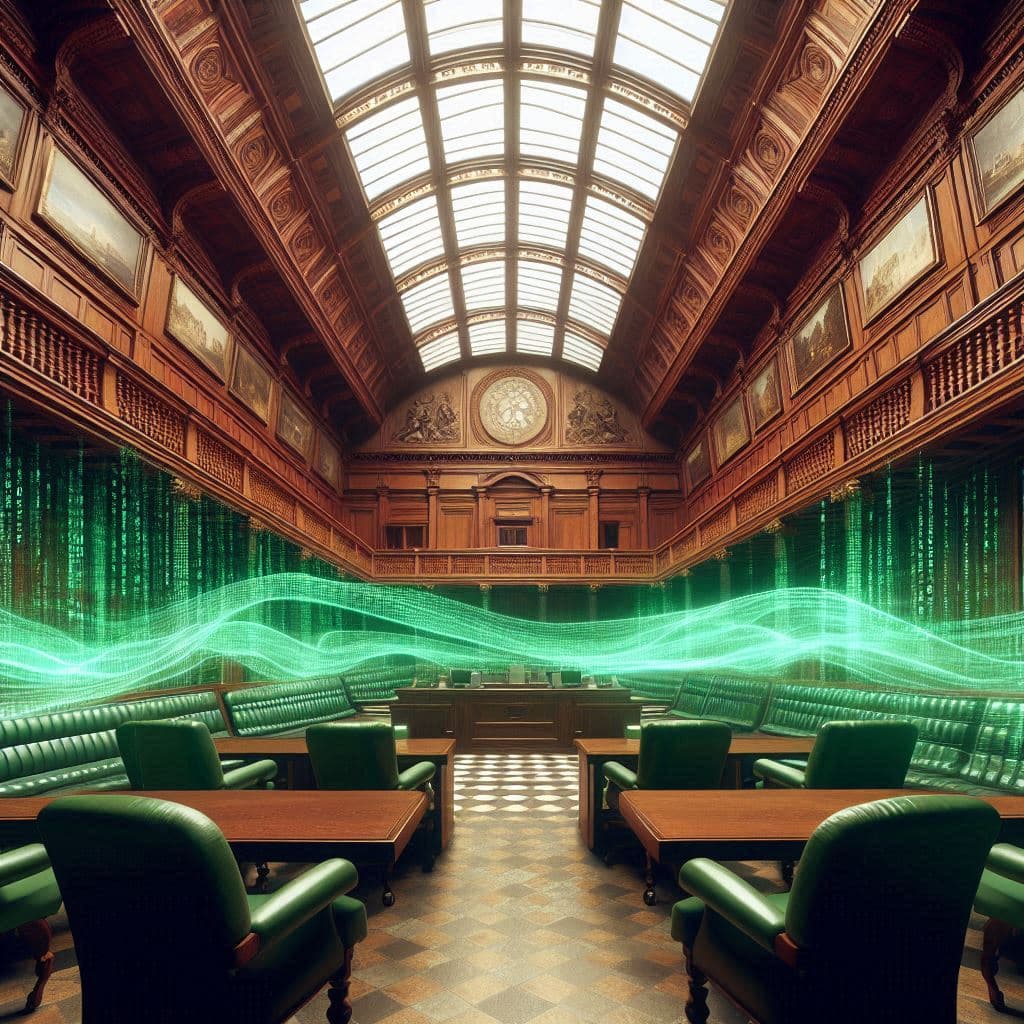Divorce. It’s a word that conjures up images of messy courtrooms, sky-high legal bills, and uncertain futures. For many couples, the biggest sticking point is often the financial settlement – how to divide what they’ve built together. Traditionally, this has been the realm of judges, weighing the specifics of each case with a degree of discretion that can feel arbitrary to those involved. But what if there was a more predictable, even formulaic, approach? And what role could AI play in this process?
At whatwouldajudgesay.com we’re fascinated by these very questions. We use real human judges to assess divorcing couples’ financial disclosures and provide financial remedy guidance. This gives couples a realistic view of what a judge might decide, helping them reach a fair settlement without the emotional and financial drain of a protracted court battle. But we’re also looking to the future, a future where technology, and specifically AI, could revolutionise divorce proceedings.
The key question is this: are judges in divorce cases primarily formulaic or discretionary in their decision-making? If the process is largely formulaic; meaning judges follow established rules and precedents, then the potential for AI is enormous. We could train a “super-judge” AI to analyse financial data and predict likely outcomes with remarkable accuracy.
This brings us to the exciting developments happening yesterday in Silicon Valley. Alphabet (Google’s parent company) made a massive announcement: a $75 billion investment in AI for 2025. This staggering figure underscores just how seriously tech giants are taking the AI revolution. A significant chunk of this investment is going towards building the infrastructure needed to power these advanced AI systems, like massive data centers and super-fast servers.
Why is this relevant to divorce law in the UK? Because the advancements in AI happening in Silicon Valley today could transform how we approach divorce settlements tomorrow. Google’s new Gemini 2.0 AI model, with its “Flash Thinking” update and the more powerful Gemini 2.0 Pro, is a prime example. These models are designed to enhance reasoning capabilities, improve factual accuracy, and even tackle complex tasks like coding and mathematics.
Imagine an AI that could analyse thousands of past divorce cases, identify patterns and trends, and then apply that knowledge to a new case. It could quickly and accurately assess financial disclosures, predict potential outcomes, and even suggest fair and equitable settlements. This isn’t science fiction; it’s a rapidly approaching reality.
While some may worry about the role of AI in such a sensitive area, the potential benefits are clear. AI could:
- Increase efficiency: Free up judges and lawyers to focus on more complex issues.
- Improve fairness: Reduce inconsistencies and biases in judgments.
- Lower costs: Make divorce proceedings more accessible to everyone.
- Reduce stress: Provide couples with greater certainty and control over the outcome.
Of course, there are challenges to overcome. Ensuring fairness, transparency, and ethical use of AI in divorce cases is paramount. Human oversight will always be necessary. But the potential for AI to improve the divorce process is undeniable.
We’re keeping a close eye on these developments. We believe that technology, combined with the expertise of human judges, can create a more efficient, fair, and less stressful divorce process for everyone. The future of divorce law is changing, and we’re excited to be at the forefront of that change.
About Us
We are a cutting-edge law tech firm based in London, England, dedicated to transforming the divorce process by providing judge-led assessments that deliver clarity and fairness. Our mission is to make divorce smarter, quicker and more affordable.
Feel free to give us a call on 020 3951 0212, email Hello@whatwouldajudgesay.com or use Get Started to share your unique situation. See how our new, fixed-fee, judge-led (human) service can simplify divorce. No court. No lengthy legal battles. No confusion.

